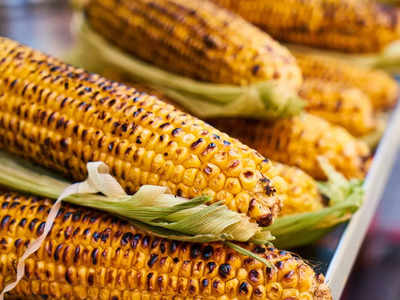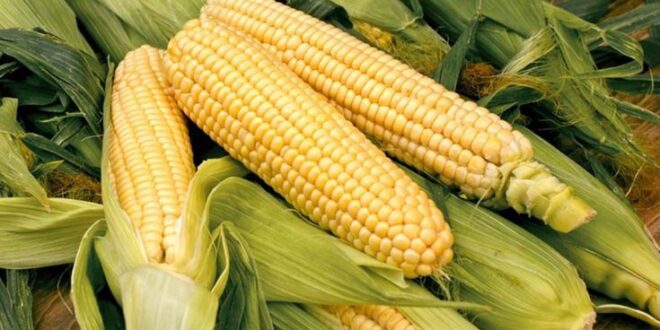Corn, or maize, is a popular and flavorful food enjoyed by many, available in various forms like roasted or boiled. Rich in vitamins, antioxidants, and essential minerals, corn contributes to overall health for most individuals. However, certain groups of people should exercise caution when consuming corn.

Individuals with celiac disorder, a medical condition affecting the small intestine, are advised to avoid corn. The organic substances in corn can exacerbate their condition. Similarly, those with irritable bowel syndrome (IBS) may experience stomach discomfort and irritation after consuming roasted or cooked corn.
For cancer patients, especially those unaware of corn contamination, it’s crucial to note that some corn may harbor mycotoxins from fungi. Ingesting such corn can release harmful organic substances into the body, potentially compromising the immune system’s function. Excessive consumption may even contribute to the proliferation of abnormal cell growth in organs like the liver and lungs.
In essence, while corn offers numerous health benefits, individuals with celiac disorder, IBS, or cancer should be cautious, as its organic compounds may negatively impact their health. Awareness of these considerations ensures that individuals make informed choices about incorporating corn into their diets based on their specific health conditions.
 TImBia GH Trending News
TImBia GH Trending News





